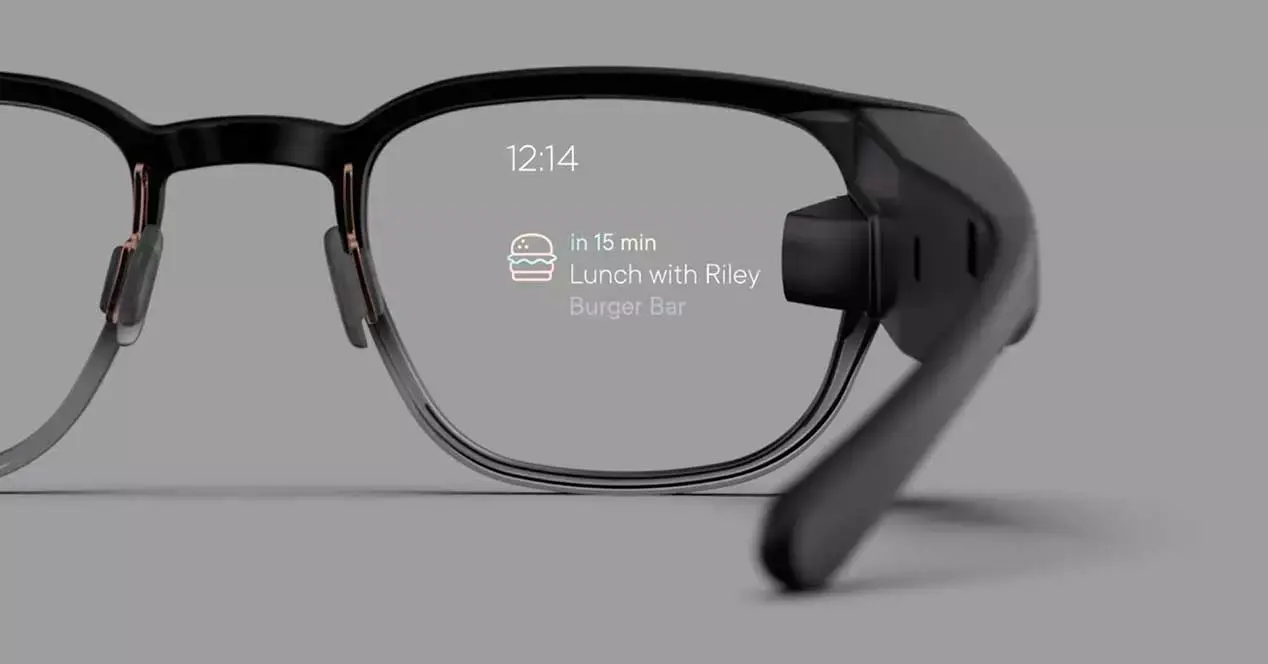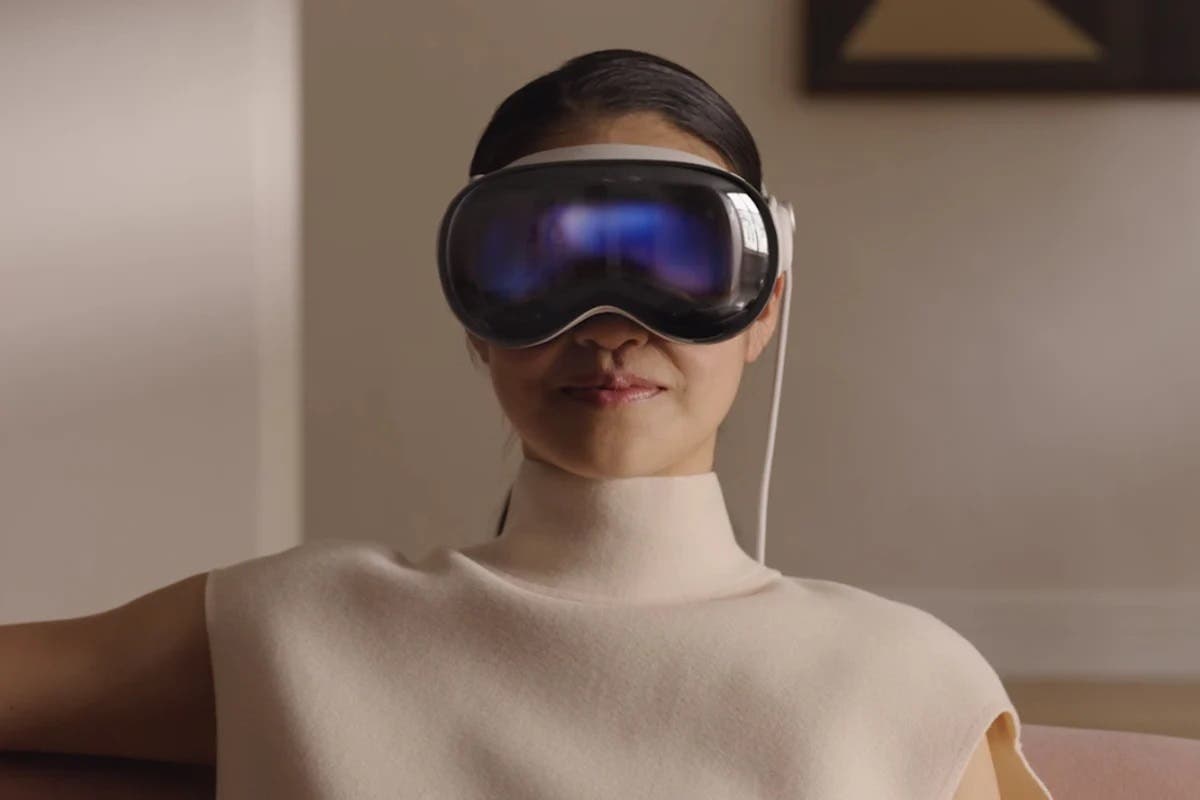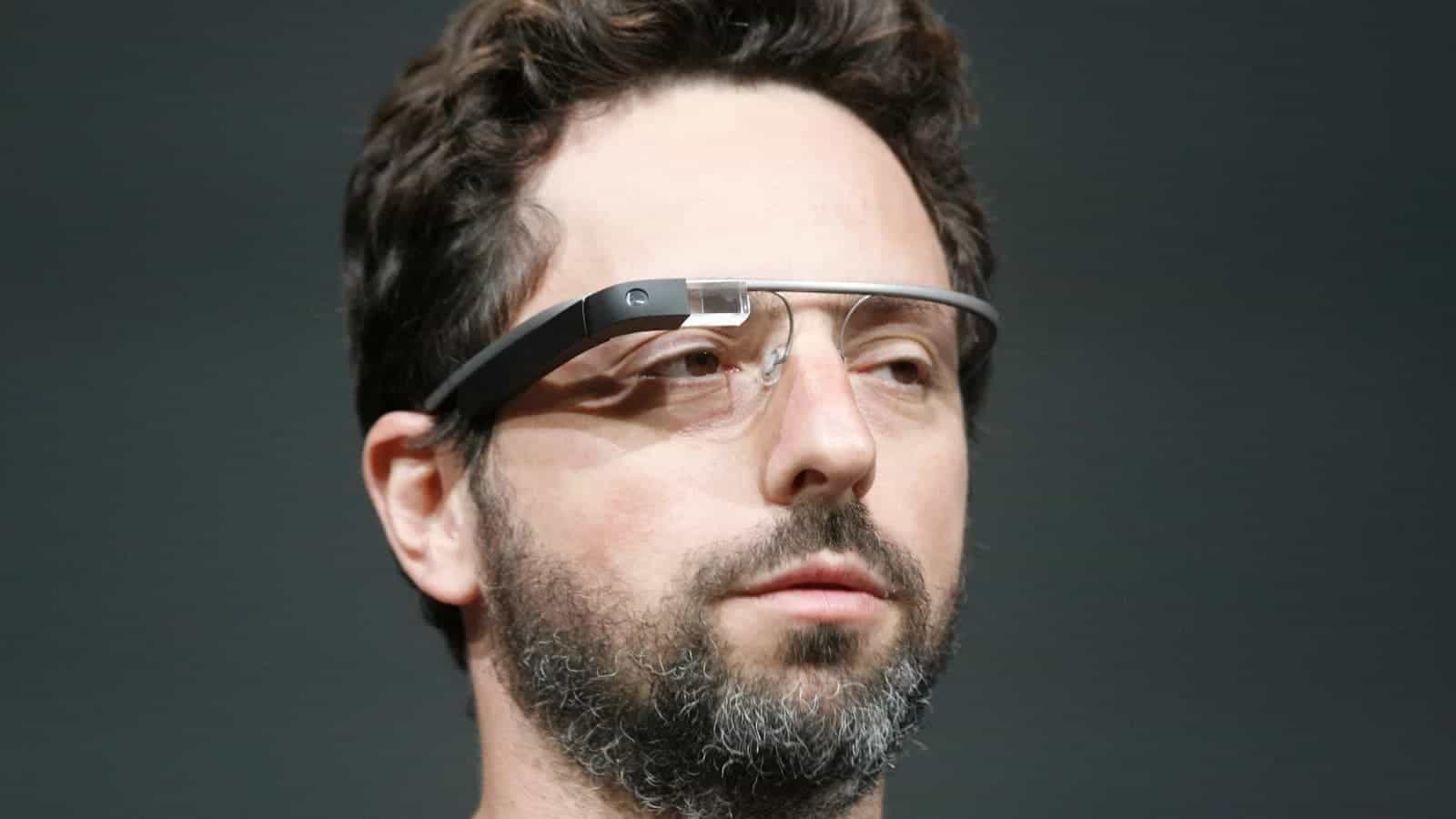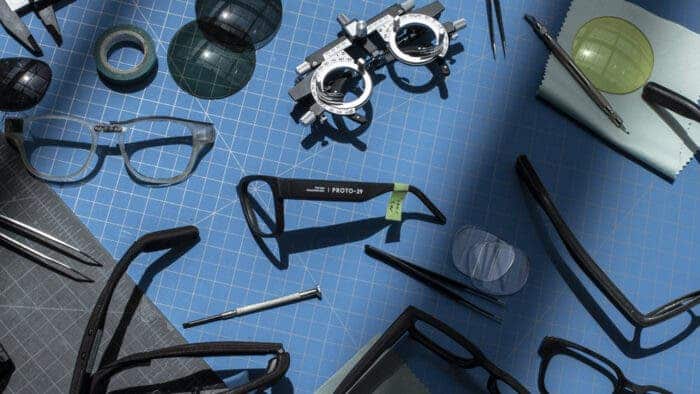Business Insider quoted some insiders that Google’s AR glasses have faced huge hurdles due to a lack of a clear strategic plan. After abandoning the Iris AR glasses project, Google turned its attention to building an AR glasses software platform. In addition, its work with Samsung on the Moohan head-mounted display project caused internal conflict within the firm.
In contrast, Apple’s new Vision Pro headset thrilled folks at their event. CEO Tim Cook called it a game-changing device. Meanwhile, people at Google got upset. They tried lots of times to get back into mixed reality and make a big deal, but their first AR glasses didn’t impress folks, and neither did their later virtual reality stuff.
Project Iris
But Google leaders still think XR (extended reality) is the next big thing in computers. They formed a dedicated team in 2020 and bought startups North and Raxium. But their AR glasses plan, Project Iris, faced tech problems and got scrapped in the first part of the year. Instead, Google teamed up with Samsung to work on Project Moohan, a VR headset.
At the same time, Google began developing its Iris software into a platform for AR glasses makers, with the aim of delivering it by 2025. Even with these tries, Google had a hard time. Employees weren’t happy because the strategy was confusing, and they felt like senior leaders didn’t care, especially with strong competition from Apple and Meta.

To address these issues, Google announced the strategic acquisition of North, a Canadian firm known for its AR glasses that look like traditional glasses. The purchase was made to strengthen Google’s augmented reality team and product strategy. Google then brought North’s team back into the fold and launched a new project led by Rick Osterloh, Google’s hardware lead, and Clay Bavor, Google’s AR and VR lead.
At this point, Google refocused on Iris, a device that projects visuals in front of the user. The goal was to create fashionable glasses that could be used with apps such as Google Maps or Lens. To this end, Google created custom silicon chips, codenamed Alius and Alexandrite, to give Iris the computing power it needed.
Despite its progress, Iris’s research and development approach was subject to constant change, including conflicts over display tech and whether to show color or monochrome images. At the I/O conference in May 2022, showing Iris glasses that could translate in real-time got lots of praise. But afterward, not many people liked or used the device.
Project Moohan
As reports of Apple’s VR headgear circulated in early 2022, Google announced a collaboration with Samsung on Project Moohan. But Samsung keeping their tech secret worried Google, and it made things even more complex because Samsung got more say in what the product could do.

Next Project For Google AR Glasses – Betty
In January, Google said they would cut jobs, and they also stopped the Iris project and making their special chips. When Bavor left, the AR team had more trouble. But, Google knew that glasses were still important for their future. So they made a new team called Betty to make Micro XR software for companies that make glasses.
The AR division is also investigating the use of AI in AR glasses. At the same time, Paul Greco’s team in Google’s Devices group is investigating new AR devices that could resemble Iris glasses. But they’re having a hard time getting money because they’re not in the Samsung project and not with the Betty team.

Google’s most critical problem at the moment is retaining talent in the face of increased competition from Apple and Meta. High-profile departures such as Mark Lucovsky and Eddie Chung, as well as organizational cuts and a push into AI, have left workers unhappy. Google’s problem with keeping products consistent and changing their mind about hardware makes things harder. But even with these issues inside, Google still wants to invest in their hardware to stay in the market.





